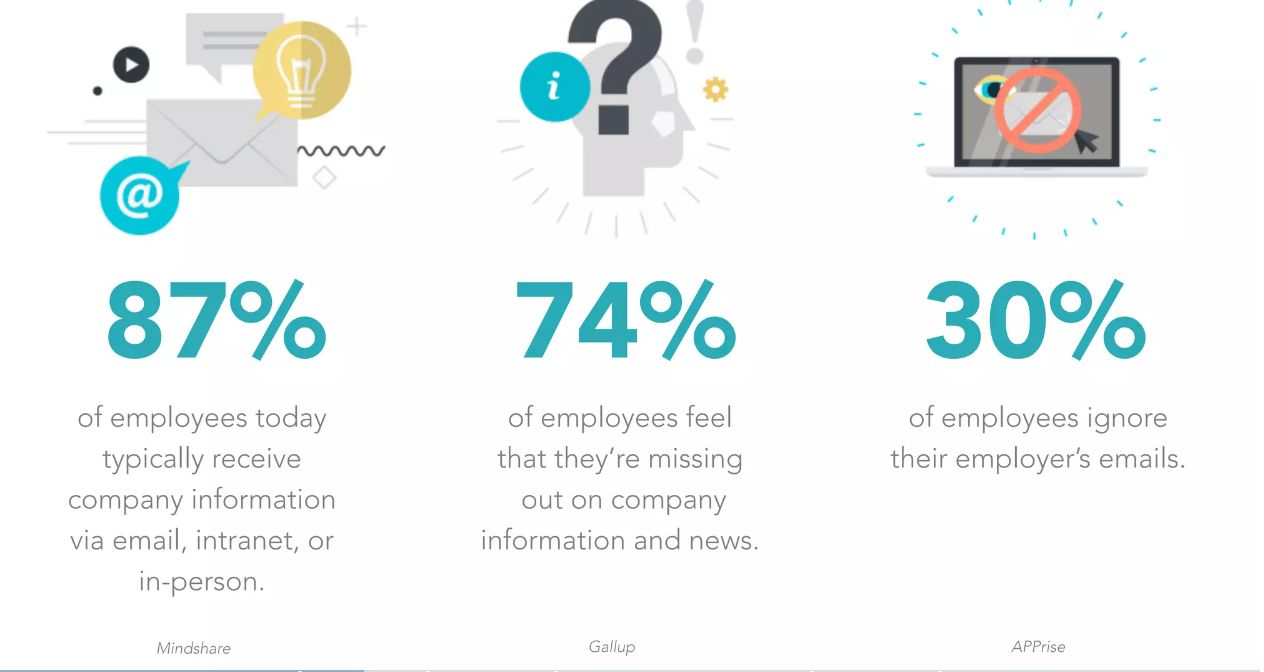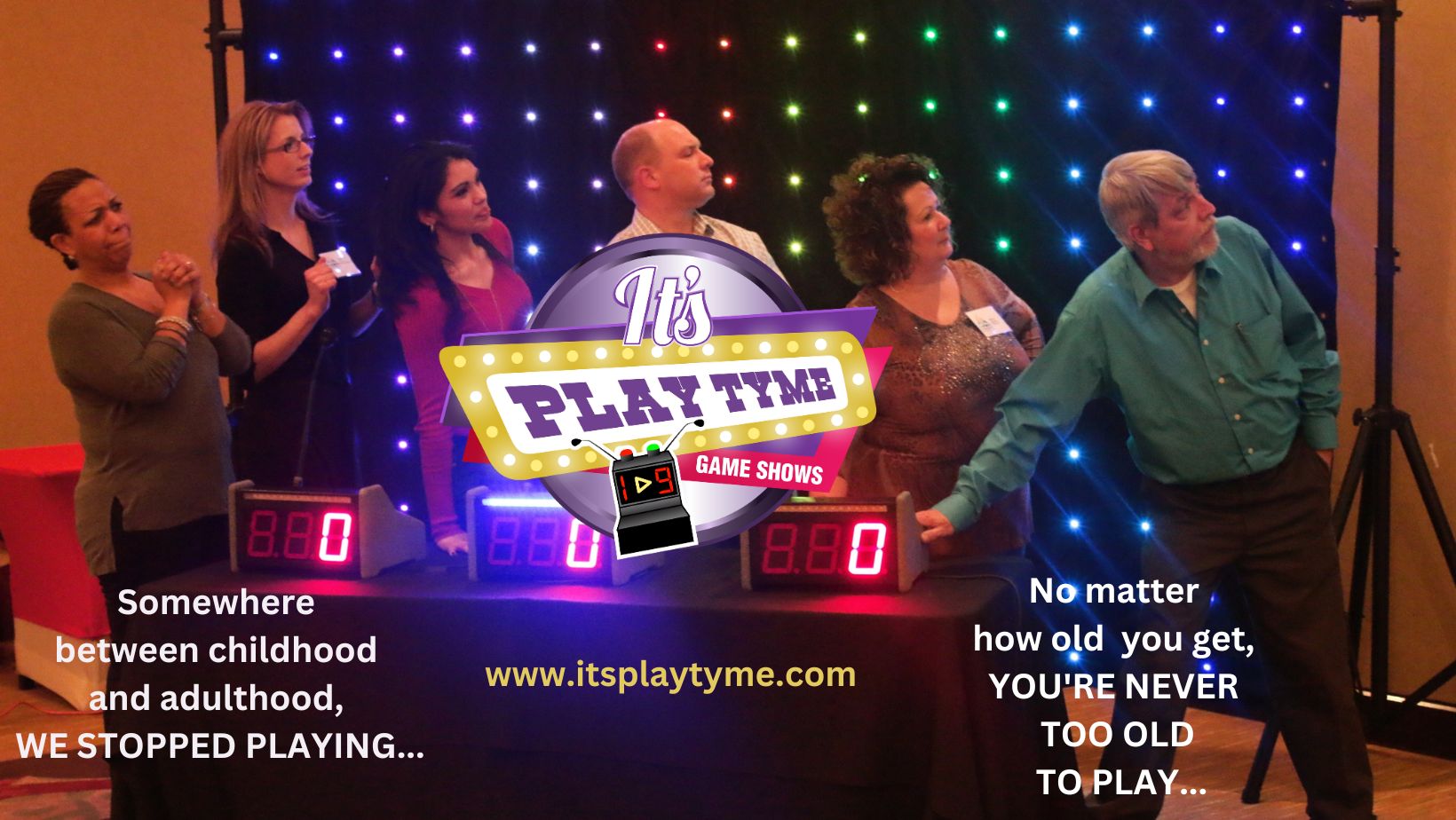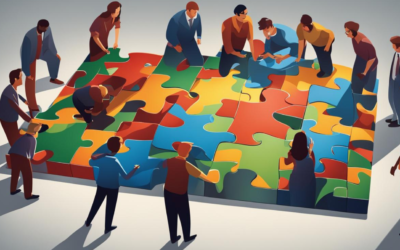So, the question is?
Is Team Building a Waste of Time?
As team leaders, have you ever asked yourself, is team building a waste of time? We understand the critical role that teamwork plays in the success of an organization.
We have seen firsthand how team building activities can have a profound impact on the dynamics and performance of our teams.
In this article, we will provide some insights from our perspective on why team building is not a waste of time.
Also, we will delve into the benefits it brings, the importance of fostering collaboration, and how it contributes to a positive work environment.

The Value of Collaboration and Cohesion
Enhancing Team Performance
When team members collaborate effectively, it leads to enhanced team performance. Through team building activities, team members develop a better understanding of each other’s strengths and working styles.
This knowledge enables them to allocate tasks more effectively, leverage individual expertise, and work cohesively towards shared goals. Improved productivity, efficiency, and overall team performance are the outcomes of effective collaboration.
Contrast: However, some may argue that team building activities take away valuable time that could be spent on actual work.
They believe that focusing on tasks and deadlines is more important than participating in team building exercises.
This perspective suggests that team building activities are a waste of time and resources, diverting attention from core responsibilities.
Encouraging Innovation and Creativity
Team building activities create an environment that fosters innovation and creativity. By bringing together individuals from diverse backgrounds and disciplines, team building provides a platform for unique perspectives and ideas.
Collaboration in these activities stimulates creative problem-solving and encourages individuals to think outside the box. Embracing this innovative mindset helps organizations stay competitive and adapt to changing market dynamics.
Contrast: On the other hand, some individuals argue that team building activities are unrelated to innovation and creativity.
They believe that these activities are merely recreational and do not contribute to the actual work environment.
This perspective suggests that team building activities are not valuable in fostering innovation and creativity.
Boosting Employee Engagement and Retention

Investing in team building activities demonstrates a commitment to employee engagement and retention.
When team members feel valued, connected, and supported, their job satisfaction and loyalty increase.
Team building activities create a sense of camaraderie, promote positive relationships, and foster a strong sense of belonging within the team.
Contrast: However, skeptics argue that team building activities have no direct impact on employee engagement and retention.
They believe that engagement and retention are primarily influenced by factors such as compensation, career growth opportunities, and work-life balance.
According to this perspective, team building activities are not effective in boosting employee engagement and retention.
Cultivating Trust and Communication
Building Trust among Team Members
Trust is the cornerstone of any successful team. Team building activities provide a structured and safe environment for team members to build trust and develop stronger bonds.
Through activities that require collaboration, problem-solving, and open communication, individuals learn to rely on one another, overcome challenges together, and trust in each other’s abilities.
This trust translates into enhanced teamwork, better decision-making, and a supportive work culture.
Contrast: However, critics argue that trust-building cannot be achieved through organized team building activities.
They believe that trust is built over time through day-to-day interactions and shared experiences in the workplace. This perspective suggests that team building activities are ineffective in cultivating trust among team members.
Improving Communication and Collaboration

Effective communication is paramount in any team setting. Team building activities provide opportunities for team members to practice active listening, express their thoughts and opinions, and learn to communicate more effectively.
By engaging in these activities, individuals become more aware of different communication styles, improve their ability to convey ideas clearly, and foster an environment where open dialogue and constructive feedback are encouraged.
Is team building a waste of time?
Contrast: Nevertheless, there are those who argue that team building activities do not significantly impact communication and collaboration.
They believe that communication skills are developed through real-life work scenarios rather than structured activities.
This perspective suggests that team building activities have limited value in improving communication and collaboration.
Breaking Down Silos and Fostering Collaboration
Team building initiatives play a crucial role in breaking down silos that can hinder collaboration and innovation within an organization.
By bringing together individuals from different departments or teams, team building activities create opportunities for cross-functional collaboration and knowledge sharing.
Breaking down these barriers fosters a sense of unity and collective purpose, leading to improved problem-solving, increased efficiency, and a more agile organization.
Contrast: However, critics argue that team building activities cannot address the underlying organizational issues that cause silos to exist.
They believe that structural changes and clear communication channels are more effective in fostering collaboration.
This perspective suggests that team building activities have limited impact in breaking down silos.
Developing Essential Leadership Skills
Nurturing Effective Leaders
Team building activities provide an ideal platform for identifying and nurturing future leaders within an organization.
As team leaders and HR directors, we can observe and assess how individuals lead, delegate tasks, and motivate their team members during these activities.
This firsthand experience helps us identify individuals with strong leadership potential, allowing us to provide tailored development opportunities to further enhance their skills.
Contrast Nevertheless, some argue that leadership skills cannot be effectively assessed or developed through team building activities alone. They believe that leadership development requires formal training, mentorship, and on-the-job experiences.
According to this perspective, team building activities have limited impact on nurturing effective leaders.
Enhancing Problem-Solving and Decision-Making Skills
Effective problem-solving and decision-making are essential leadership skills. Team building activities often involve complex challenges that require individuals to think critically, analyze situations, and make informed decisions collectively.
Through these activities, employees can enhance their problem-solving and decision-making skills, enabling them to tackle challenges more effectively in their day-to-day roles as leaders.
Contrast: However, critics argue that the problem-solving and decision-making skills developed in team building activities may not translate directly to real-life work scenarios.
They believe that the complexities and pressures of actual work situations cannot be replicated in artificial team building exercises.
This perspective suggests that team building activities have limited impact on enhancing problem-solving and decision-making skills.
Frequently Asked Questions

Q1: How often should team building activities be conducted?
The frequency of team building activities may vary based on organizational needs and constraints.
However, it is recommended to incorporate team building initiatives at regular intervals, such as quarterly or semi-annually, to maintain the positive impact and continually reinforce teamwork and collaboration.
Q2: Can team building activities be tailored to specific organizational goals?
Absolutely! Team building activities can be designed to align with specific organizational goals and desired outcomes.
Whether the focus is on enhancing communication, fostering creativity, or improving problem-solving, tailored activities can address these objectives and contribute to the overall success of the organization.
Q3: What if team members are resistant to participating in team building activities?
Resistance to team building activities can occur for various reasons, such as time constraints or personal preferences.
As team leaders, it is crucial to address any concerns and clearly communicate the purpose and benefits of these activities.
By creating a safe and inclusive environment and offering diverse options that cater to individual preferences, we can encourage greater participation and engagement.
Q4: How can team building activities be effective for remote teams?
In today’s remote work environment, team building activities can be adapted to virtual settings. Online collaboration tools and platforms offer a wide range of options for remote team building, including virtual team games, online workshops, and virtual escape rooms.
These activities enable remote teams to bond, build relationships, and develop essential teamwork skills, despite the physical distance.
Q5: What is the role of team leaders in facilitating team building activities?
Team leaders play a crucial role in planning and facilitating team building activities.
They provide guidance, set expectations, and ensure that activities are aligned with organizational goals.
Additionally, they create an inclusive and supportive environment, encourage participation, and foster open communication throughout the team building process.
This article discusses the pros and cons of hiring an outside facilitator, you may want to check it out.
Q6: How can team building activities benefit newly formed teams?
Team building activities are especially valuable for newly formed teams as they help establish a solid foundation for collaboration and trust.
These activities provide an opportunity for team members to get to know each other, understand each other’s strengths and weaknesses, and establish clear communication channels from the outset.
This sets the stage for a more cohesive and high-performing team.
Key Takeaways
Team building activities have their proponents and critics, but from the perspective of team leaders and HR directors, they are not a waste of time.
While there are contrasting opinions on their effectiveness, team building activities offer valuable opportunities to enhance collaboration, develop essential skills, foster trust, and create a positive work environment.
It is important to approach team building activities with clear goals, align them with organizational objectives, and continuously evaluate their impact.
By doing so, organizations can maximize the benefits of team building activities and drive sustainable success.
Overall, this article discusses the benefits of teamwork and encompasses the main aspects related to why team building is not a waste of time.

Team Leaders! Book a live game show experience today!
Contact us for further details.
We come to your office, venue or off-site location..
For Immediate assistance by text – 917-670-4689
No deposit required. 5-star rated on google.





